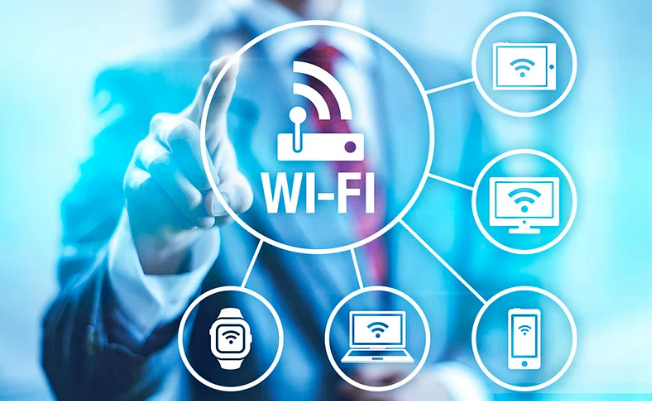Introduction: Free Wi-Fi Comes with a Price
Public Wi-Fi feels like a gift — quick, free, and always available in cafés, airports, and hotels. But here’s the catch: these networks are often insecure. Hackers use them to spy on browsing sessions, steal data, and hijack accounts. That’s why developing safe browsing habits for public Wi-Fi users isn’t just smart, it’s essential.
1. Always Use a VPN
A VPN (Virtual Private Network) is the foundation of safe browsing on public Wi-Fi. It encrypts your data and hides your IP address.
Why It Matters
- Prevents eavesdropping by hackers
- Protects browsing history from snoops
- Adds security to all apps and browsers
Think of a VPN as a secure tunnel through a dangerous neighborhood.
2. Look for HTTPS Websites
When browsing on public Wi-Fi, stick to HTTPS websites only. The “S” means secure, and it encrypts your connection with the site.
Quick Safety Tips
- Check for the padlock symbol in the browser bar
- Avoid entering data on “Not Secure” sites
- Use extensions that force HTTPS connections
3. Avoid Sensitive Transactions
Public Wi-Fi is not the place for online banking or shopping. These activities make you a prime target for hackers.
Smarter Choices
- Wait until you’re on mobile data or private Wi-Fi
- If you must, enable two-factor authentication
- Prefer secure apps over browser logins
4. Use Private or Incognito Browsing
Incognito mode doesn’t encrypt traffic, but it does prevent your browser from saving history, cookies, or logins. That reduces what’s left behind on shared networks.
Best Uses
- Accessing email
- Logging into work accounts
- Browsing without leaving local traces
5. Disable File Sharing and Auto-Connect
Leaving file sharing or auto-connect enabled is like leaving your digital doors wide open. Hackers can use these openings to slip in.
Settings to Adjust
- Turn off file and printer sharing
- Disable auto-connect to Wi-Fi networks
- Switch off Bluetooth and AirDrop when not in use
6. Keep Your Browser and Device Updated
Updates aren’t just about new features — they patch security holes. Outdated browsers and apps are easy targets.
Good Habits
- Enable automatic updates
- Regularly restart your browser to apply patches
- Update antivirus and firewall tools as well
7. Log Out and Clear Data After Browsing
When you’re done, don’t just close the browser. Logging out and clearing your data helps stop session hijacking.
Smart Exit Habits
- Log out of accounts before disconnecting
- Clear cookies and cache
- Restart your device after long sessions
8. Combine Safe Habits with Common Sense
Technology helps, but awareness is just as important. Trust your instincts when something looks suspicious.
Red Flags to Watch For
- Wi-Fi networks with strange or duplicate names
- Sudden pop-ups asking for personal info
- Websites redirecting unexpectedly
Conclusion: Safe Browsing Habits Keep You Protected on Public Wi-Fi
Public Wi-Fi is convenient, but it comes with risks. By using a VPN, sticking to HTTPS, and avoiding sensitive logins, you’ll drastically cut the chances of getting hacked. The key is consistency — safe browsing habits for public Wi-Fi users should become second nature. With these habits, you can enjoy the convenience of free Wi-Fi without handing over your personal data to cybercriminals.
FAQ
- Is incognito mode enough to stay safe on public Wi-Fi?
No. It hides local history but doesn’t encrypt your data. You still need a VPN. - Can I use public Wi-Fi for banking?
It’s not recommended. Use mobile data or a private network instead. - Do I really need to clear cookies after browsing?
Yes. Cookies can store sensitive session data that hackers may exploit. - What’s the most important habit for public Wi-Fi safety?
Always use a VPN — it’s the strongest protection you have. - Are password-protected public Wi-Fi networks safe?
Not necessarily. Other users on the same network could still attack you.

